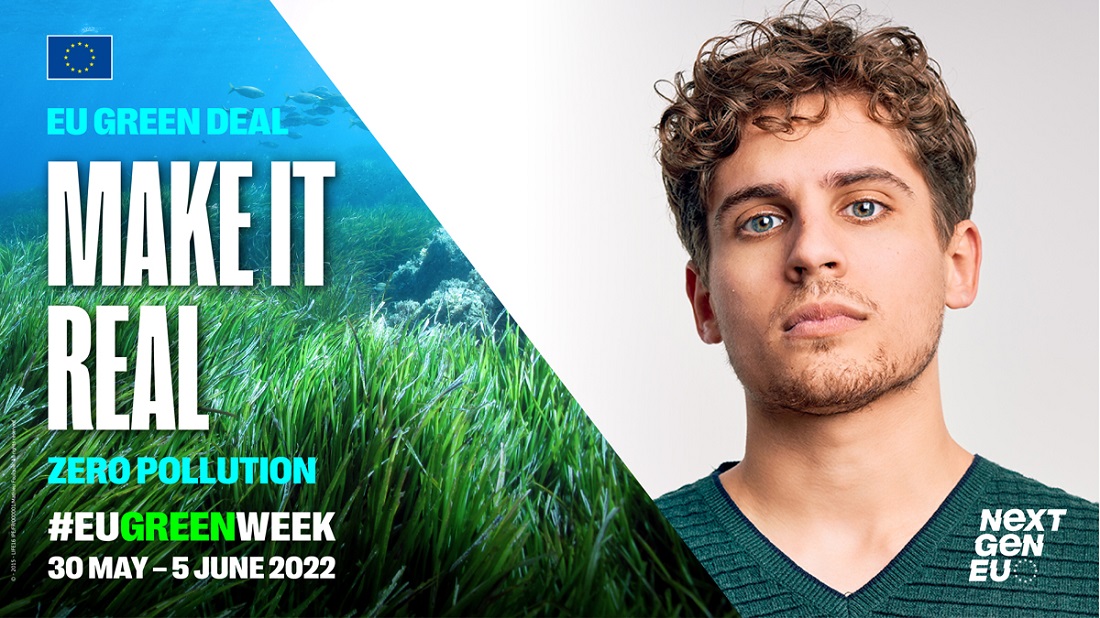Fusion for a cleaner, reliable and self-sufficient energy mix

© European Commission
Europe celebrates its Green Week on 30 May -5 June to discuss environmental policies and strategies towards a decarbonised future. In particular, debates will address the European Green Deal, the EU plan for a climate-neutral Europe by 2050. As part of the actions to achieve this, the EU is working in a classification system to establish a list of environmentally sustainable economic activities as part of its EU taxonomy. In a world with decreasing amounts of fossil fuels available, and with the impact of climate change in our daily life, a transition towards green energies is more urgent than ever.
In 2020, the energy mix in the EU was mainly made up by five different sources: petroleum products (35 %), natural gas (24 %), renewable energy (17 %), nuclear energy (13 %) and solid fossil fuels (12 %). The EU produced around 42 % of its own energy, while 58 % was imported. Russia’s invasion of Ukraine is a stark reminder that Europe must make decisive steps towards energy self-sufficiency to become less dependent on third party interests. The REPowerEU plan, recently launched by the European Commission, explains how.
Fusion energy can in the long run play a role in decarbonising our economies, as well as reducing our dependence on imported sources of energy. On the one hand, fusion does not emit CO2 nor produce long-lived radioactive waste, as components can be reused in 100 years. On the other hand, fusion fuels (deuterium and lithium, from which tritium is obtained) are abundant, so there is little risk of geopolitical tension for controlling them. Moreover, fusion has the potential to complement renewables in the energy mix by providing “baseload” electricity, helping mitigate renewables’ intermittency problems. For all these reasons, let us continue to champion fusion as one of the green energies for a more sustainable and self-sufficient Europe.
To read more about the merits of fusion energy click here.